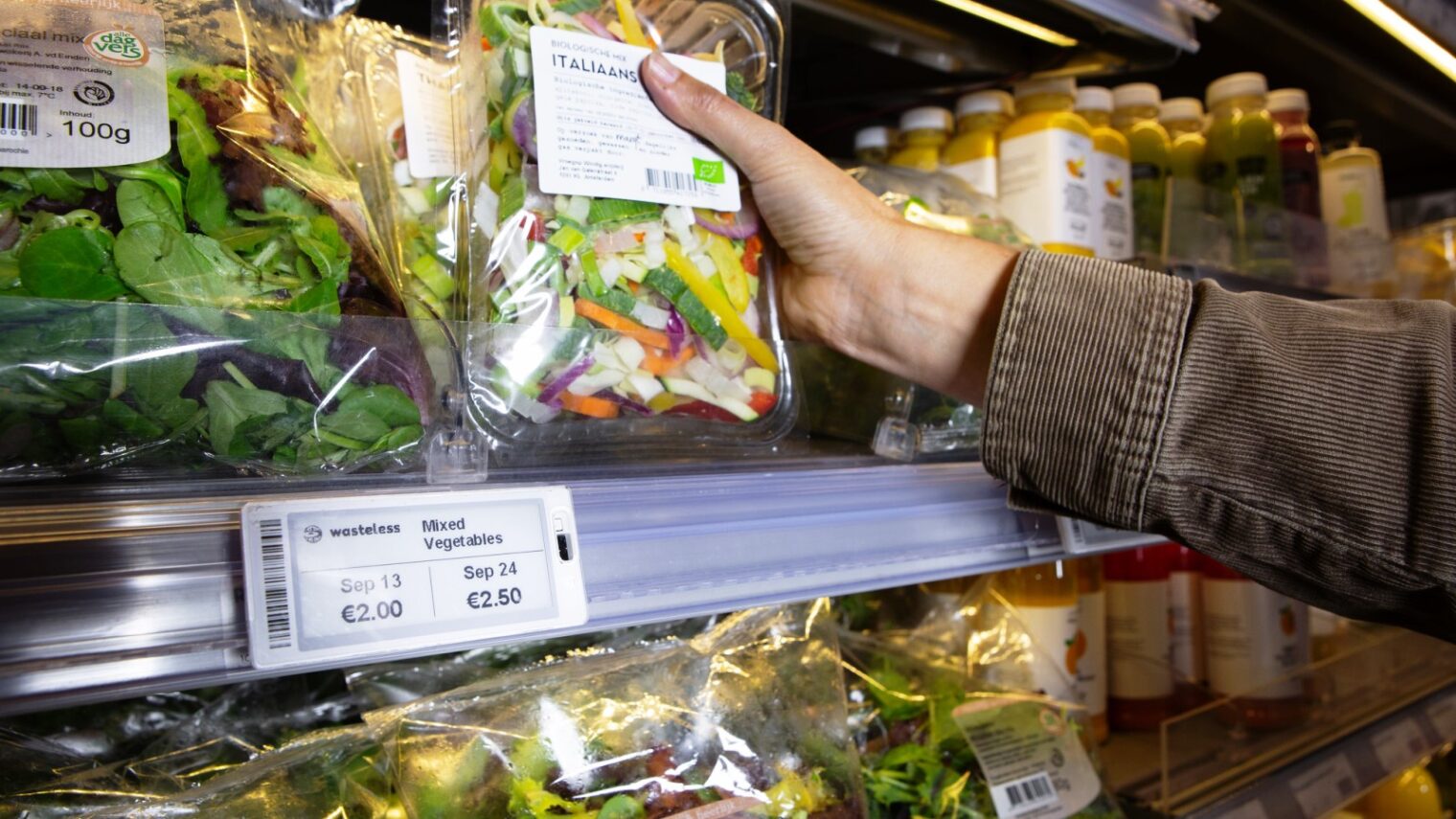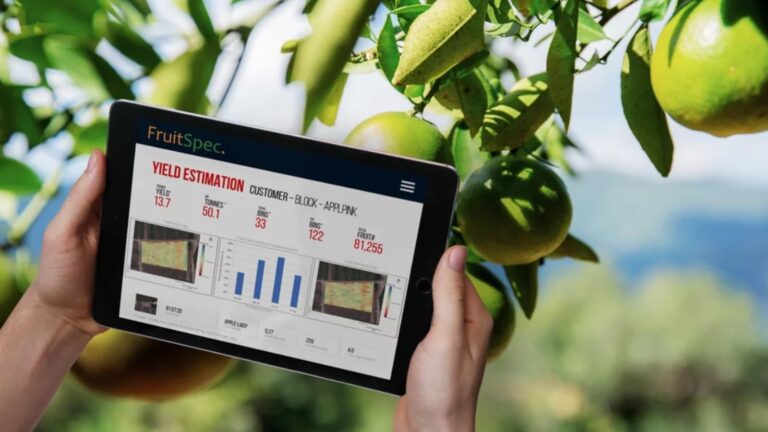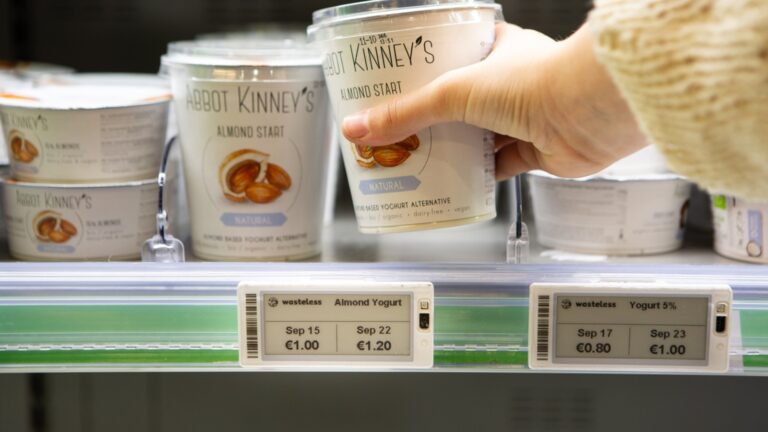About half of all the food produced in the world is wasted every year.
That’s about two billion tons of food, worth billions of dollars. It’s a shocking statistic, and at the end of the day, it’s not just the supermarkets or food producers that pay the price – it’s all of us. A hungry planet with limited resources, a high carbon footprint, and rapidly changing climate cannot afford to throw food in the bin.
A new Israeli startup, Wasteless, hopes to help cut some of this waste with a new AI system that will transform how supermarkets approach food expiration dates.
“Food expiration dates are the main cause of retail waste and the cost is tremendous, both to business and to the environment,” says Oded Omer, co-founder of Wasteless. “Food is the single largest product in landfills, where it emits extremely harmful gases, including methane.’’
Wasteless, which was founded in 2017, has developed an artificial intelligence (AI) technology that can offer customers a variable pricing system based on a product’s expiration date. A carton of milk that is set to expire in a few days will cost less than
one due to expire in 10 days.
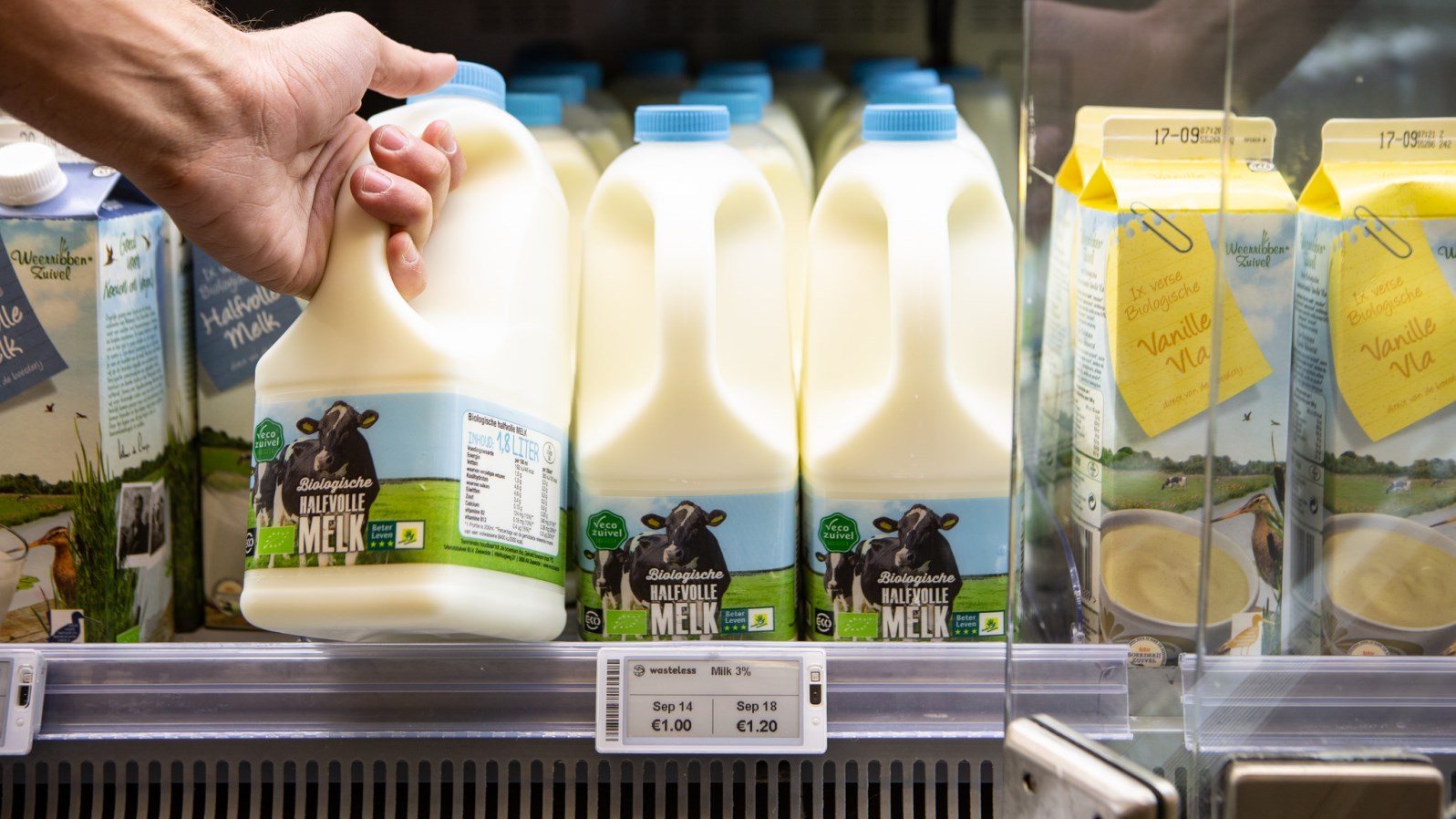
It sounds simple, but the technology behind is not. The Wasteless pricing engine employs a branch of machine learning called reinforcement learning, which automatically maps inventory stock and time of day into a series of optimal prices.
The system operates based on inventory, orders and sales, and executes pricing decisions that are then delivered to the end consumer via electronic shelf labels in the store or during the online checkout process.
With a deep knowledge of dynamic pricing — a function we all use when booking a flight, a hotel, or an Uber, among other things — the Wasteless team, made up of seasoned entrepreneurs and experts in AI, believes this platform can be used not only to increase a product’s profitability, but also to help reduce food waste.
The team describes it as the world’s first real-time tracking solution for supermarkets, and believes it can be a win-win situation for both the environment and commercial profitability.
Waste down, revenue up in Spanish pilot project
The proof in the pudding comes from a Wasteless pilot project done in partnership with a leading Spanish retailer to assess whether the technology could help improve the key critical elements in the retailer’s operations.
The data collected indicated that Wasteless technology slashed one-third of food waste from the retailer’s supermarkets, while producing a 6.3 percent increase in revenue.
Omer believes the company’s success hinges on the increasing awareness of consumers — especially millennials who are making a conscious decision to live more sustainably and certainly don’t mind saving a penny or two in the process.
With a core team of 15 and growing, Wasteless recently completed a $2 million Series A funding round led by smart technology-focused venture capital fund Slingshot Ventures out of Amsterdam.
This new infusion of capital will be used to expand the startup’s current team, further develop its pricing algorithm, and manage rollouts with additional food retailers.
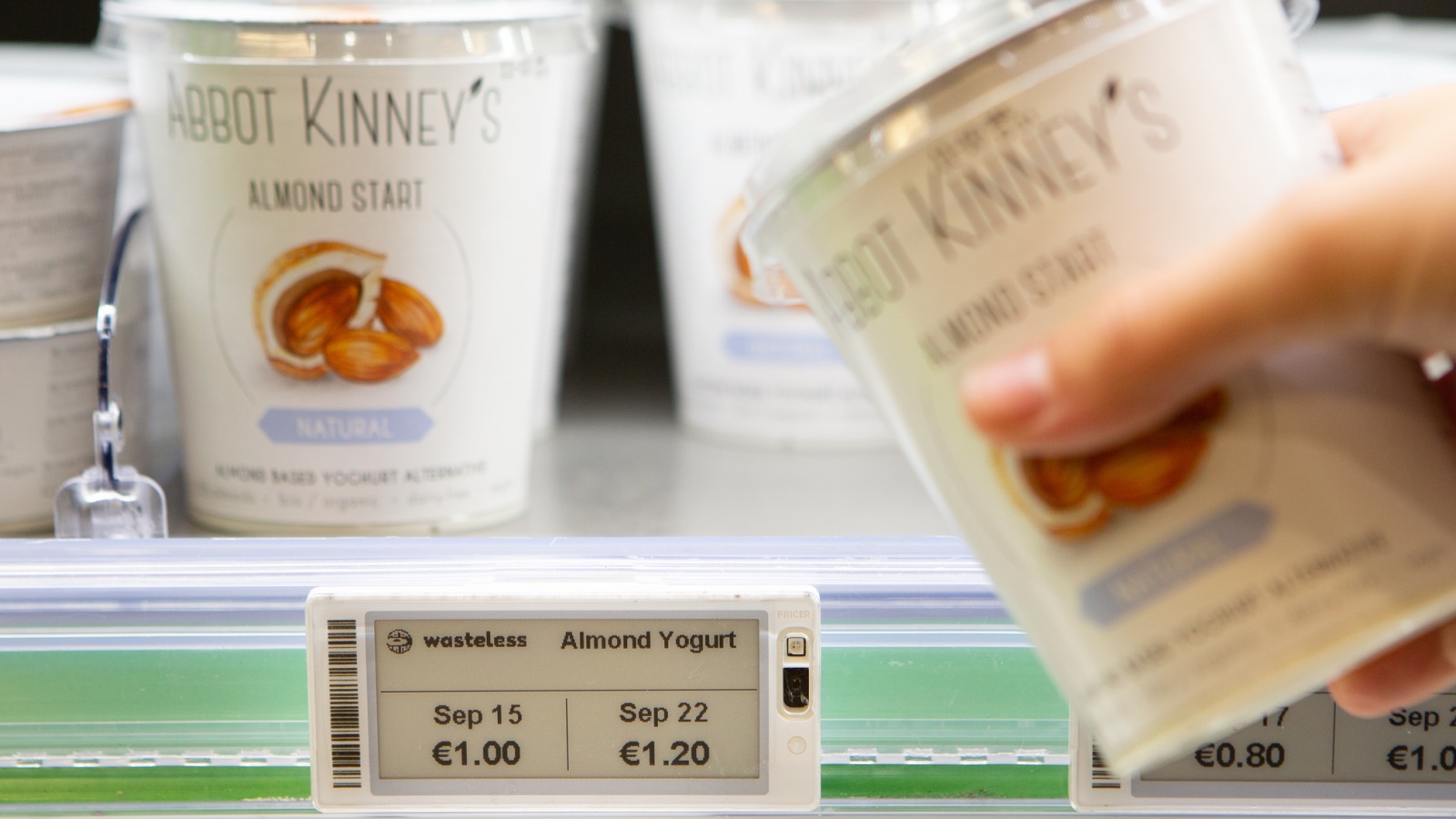
Wasteless has already won several awards including the 2018 Rabo Sustainable Innovation Award and Emerce 2018 Top 10 European Start-ups (Israeli retail automation platform Trigo Vision was another of the finalists).
‘’We’re aiming to inspire others in the food chain to take a hard look at their processes and play their part in footprint reduction,” says David Kat, VP business development for Wasteless.
The flourishing Israeli startup’s second phase will be to utilize the data collected by retailers and consumers to address inefficiencies in the food chain. The company learned that over 40 percent of all food waste in the developed world happens at home.
“With awareness and insight, we will be able to address this pressing issue in households too,’’ says Kat.
Although currently focusing on the European market, Wasteless has its eyes set on the huge US market, a food industry that loses around $57 billion in food waste yearly.
To that end, the company plans to add a New York office to its existing ones in Amsterdam and Tel Aviv, and is in talks with several leading food retailers worldwide.
For more information, click here




